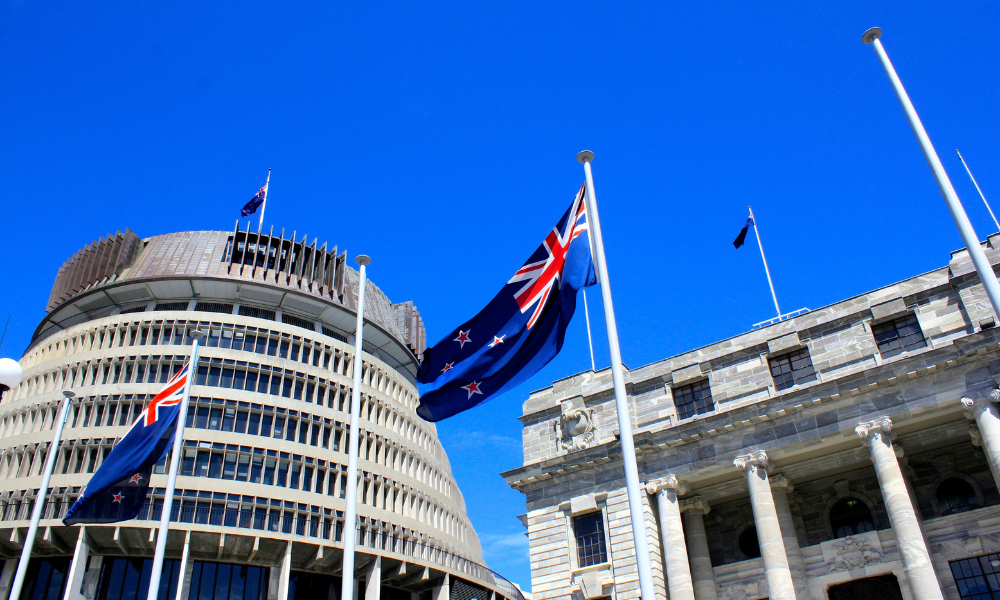
The bill aims to provide legislative clarity and reduce reliance on judicial interpretations

Associate Justice Minister David Seymour has announced the introduction of the Treaty Principles Bill, aimed at defining the principles of the Treaty of Waitangi within New Zealand’s legal framework.
The bill will have its first reading in parliament next Thursday, marking the beginning of a legislative process to address what Seymour describes as a lack of statutory clarity since the treaty principles were first introduced into law in 1975.
The Treaty of Waitangi, New Zealand’s foundational agreement between the British Crown and Māori iwi and hapū, has been subject to various interpretations in the legal system. While the treaty itself was signed in 1840, the term “Treaty principles” was only incorporated into New Zealand law in 1975 with the creation of the Waitangi Tribunal. Since then, courts and the Waitangi Tribunal have shaped these principles, which have influenced policies in areas such as co-governance in public services and ethnic representation in public institutions.
“Parliament introduced the concept of the Treaty principles into law in 1975 but did not define them,” said Seymour in a statement. “As a result, the courts and the Waitangi Tribunal have been able to develop principles that have been used to justify actions that are contrary to the principle of equal rights.”
Seymour noted that one key goal of the Treaty Principles Bill is to provide legislative clarity, stating that it will outline the principles of the treaty to avoid reliance on judicial interpretations that have had broad social implications. “The purpose of the Treaty Principles Bill is for Parliament to define the principles of the Treaty, provide certainty and clarity, and promote a national conversation about their place in our constitutional arrangements,” Seymour said.
The bill includes a modification to what is referred to as "principle two," which concerns the rights of hapū and iwi. According to Seymour, this principle has been revised from an earlier draft to clarify that these rights should differ from general rights only when part of a specific treaty settlement. This adjustment aims to address what the government viewed as an overly broad formulation in the initial draft.
Once the bill passes its first reading, New Zealanders will have the opportunity to submit feedback during the select committee stage.
Seymour emphasized that the treaty should be seen as unifying, rather than divisive. “Far from being a divisive document, the Treaty is a powerful guide for New Zealand’s future, establishing that all New Zealanders have equal rights, and that the government has a duty to protect those rights,” he said, adding that he anticipates a productive national dialogue on the treaty’s role in New Zealand’s constitutional framework.